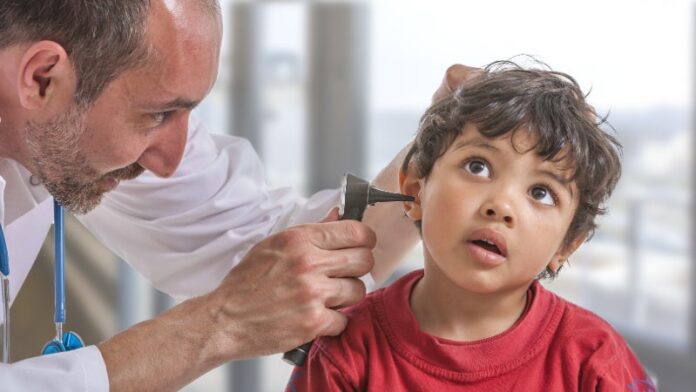Many factors should be considered when you start thinking about what to expect from a children’s hearing test. Your child’s doctor will tell you what level of hearing they think their little one is at, and from there, you can decide if you feel you need a hearing test or not. Here are some top tips to follow when considering this important event for your child.
Different levels of sound require different tests, and different tests may produce varying results
The first thing you need to know is that not all kids have the same ability to hear. Different levels of sound require different tests, and different tests may produce varying results. Even within a given age group, children may have different levels of hearing loss. Don’t automatically assume that your child’s level of hearing is going to be normal just because they have a similar level of comprehension as older children.
Able to help your child understand sounds better
The reason for a hearing test is to be able to help your child understand sounds better. If a child isn’t able to comprehend sounds on the level of a baby, they will struggle with learning language. This can have long-term effects on a child’s emotional development and even their self-esteem. Children that don’t perform well in school often have difficulty communicating with others.
The audiologist will take measurements of your child’s ear canal size and the strength of the hair cells in this part of the ear
The doctor who performs a hearing test will place the child’s ear into a device called an audiometer. This device takes sounds from your child’s ear and plays them back to determine how many decibels ( decibel levels ) they are blocking. The higher the decibel level, the harder it is for your child’s ear to block off sounds. Your audiologist will take measurements of your child’s ear canal size and the strength of the hair cells in this part of the ear.
Expect a detailed report about your child’s hearing ability from the doctor after the hearing test.
If your child’s ear does not fit into the appropriate device, they will need to try several types of devices. One test is called the Pulsatile Entomological Assessment, or PEA. This test measures how the fluid inside the ear changes when different pressure is applied. Another test measures the amount of time it takes for signals to be processed through the ear. You can expect a detailed report from Audi Hearing about your child’s hearing ability from the doctor after the hearing test.
Your pediatrician can also give you information about what to expect from a children’s hearing test. For example, they might explain why the ear canal might not be able to accommodate some of the sounds your child is hearing. Sometimes there are complications, such as an infection, that can affect your child’s hearing. Other times, there may be permanent damage done that will require corrective measures.
Doctors will insert a tiny camera into your child’s ear
During what to expect from a children’s hearing test, doctors will insert a tiny camera into your child’s ear. You and the doctor will talk about whether your child is a candidate for the procedure. If so, the camera will be attached to wires which will be placed within the canal. The doctor will use the camera to examine the inside of the ear and the workings of the auditory nerve.
An audiologist is a person who gives your child their hearing test. Audicians are specially trained to examine your child’s ears and listen to the signals from the auditory nerve. They are also trained to perform an assessment on your child’s hearing and recommend the best course of action for improving your child’s hearing. You will learn what to expect from a children’s hearing test when your child gets their next checkup. You and your child will both feel better knowing that what to expect from a hearing test has been addressed.
Hopefully, this article has given you some insight into what to expect from a children’s hearing test. You should now feel more prepared for when the day comes that you take your child in for their first appointment. By taking the time to be prepared, you will be able to relax and watch for the positive results of the test rather than worry about what you are going to say.

































